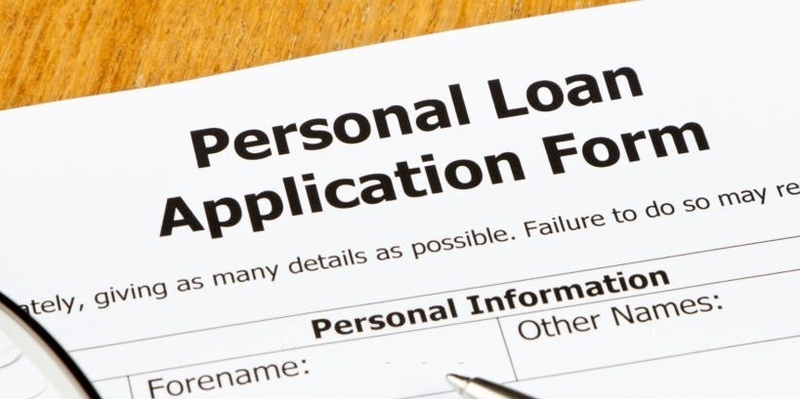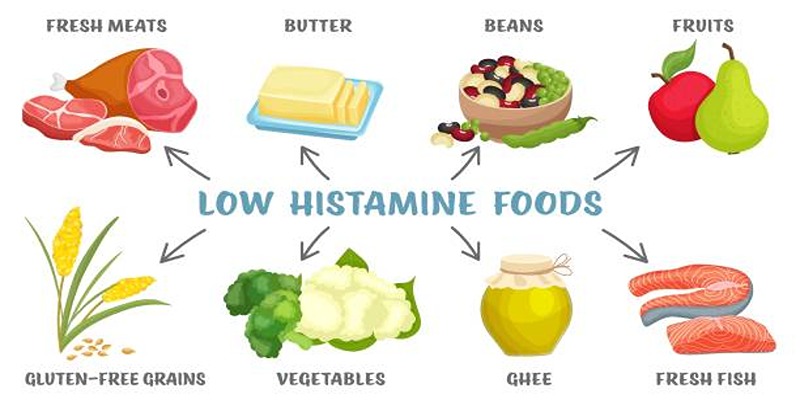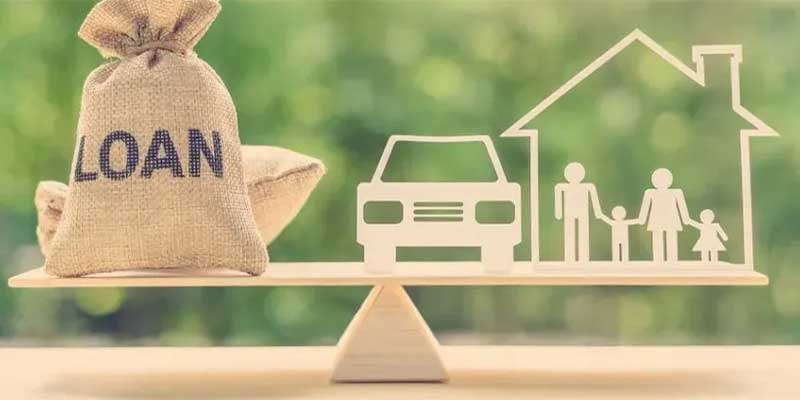When you apply for a personal loan, the conditions and approval procedure can greatly change based on whether it is secure or unsecured. For secured loans, collateral is needed which decreases risk for lenders while possibly offering borrowers better terms. In this article, we will investigate what can act as security in the case of a personal loan. We will also discuss common requirements of such types of loans and different possessions that may qualify to be used as security so that necessary funds are made available via your credit request.
What Is Collateral for a Personal Loan?
For a private loan, collateral means an asset or property that the one who borrows gives to the one who lends as an assurance of repayment. This asset is like a guarantee for a lender if the person borrowing does not pay back the loan. When the borrower cannot return the money borrowed, then the lender has the right to take over pledged property so they can get their lost money back. The risk for the lender is diminished by collateral, this could lead to approval of higher loan amounts or decrease in interest rates.
In the matter of personal loans, sometimes borrowers don't need to offer physical possessions such as a house or vehicle. Nevertheless, there are certain assets that people use more frequently than others. This part will talk about the usual kinds of collateral, the qualifications needed for utilizing these properties, and how they influence the conditions of the loan.
Types of Collateral for a Personal Loan
Numerous types of resources can serve as security for a personal loan, but not all are appropriate in every case. Lenders usually take into account the worth, ease of cash conversion, and salability of the security when determining whether or not to sanction the loan. Some often-used forms of collateral encompass:
Real Estate:
Real estate is often used as a valuable kind of collateral for secured loans. People who own homes can use their property as security when they want to take personal loans. Usually, this happens in cases like home equity loans or credit lines. If there is a failure to pay, the money lender has permission to start the foreclosure process to get back the loan sum.
Vehicles:

Vehicles such as cars, motorcycles, and boats can be used too for securing a personal loan. The lending party will examine the contemporary market..t worth of the vehicle and may need evidence of ownership plus insurance before sanctioning your loan request. If failing to pay back by borrower happens, then the lender gets the authority to take p.. possession of that vehicle again.
Savings Accounts and Certificates of Deposit (CDs):
Using the savings account or CD as collateral can be a great choice for borrowers who might not possess physical property but yet desire to secure better conditions on their loan. As lenders find it effortless to access these funds if there is a case of default, such types of collaterals come with low risk for them. On the other hand, this may result in borrower losing access to their savings or CD until they fully repay the loan.
Stocks and Bonds:
Securities such as shares and bonds can be utilized as security for a personal loan, however, this is more frequently seen with investment loans instead of ordinary personal loans. As the value of stocks and bonds may vary, they bring an increased risk for those who lend money. To make sure that the loan is completely backed up, it could be necessary for the borrower to keep a certain minimum worth of these securities.
Valuable Personal Property:
Items with high worth like jewels, artworks, collectible items, or antiques can be used as security for a personal loan. Usually, the loan giver will request an appraisal to find out the value of the said item and ensure it is enough to secure against the borrowed amount. But remember that using your belongings as collateral could carry potential risk since you may lose possessions that have great personal sentiment or importance attached.
Life Insurance Policies:
Life insurance policies that have a cash value element can serve as collateral. The money lent usually depends on the policy's cash value, and it might be needed by the lender that the policy is fully paid (meaning, there are no pending premiums). If the borrower fails to pay back, then to recover the loan amount, the lender has a right to take over this said cash value of our policy.
Understanding Personal Loan Requirements
When you get a personal loan using collateral, the conditions might change depending on the lender and what kind of collateral you use. Usually, lenders will need to examine carefully both your credit history's strength as well as how much value your collateral has and if it is truly owned by you. The person who is borrowing needs to give official papers that show they are the owner of the asset that is being utilized as a security. This might comprise documents such as deeds of property, car ownership, or insurance paperwork for the vehicle or other things. Based on what collateral is given, the person who lends may ask for a valuation to find out the present market worth of that asset. This confirms if the collateral could adequately address loan money in case of failure to pay the payback scenario.

For certain kinds of security, especially cars, and property, the person borrowing may have to show evidence of insurance. This safeguards the lender's stake in the asset during the active loan period. Besides the security, lenders will evaluate the borrower's ratio of debt to income (DTI) to figure out if they are financially able to repay the loan. Normally, a lesser DTI ratio boosts the probability of getting approval for a loan.
Why Use Collateral for a Personal Loan?
If you use collateral for a personal loan, it can give you many benefits. The most important benefit is that there's a chance to get a lower interest rate. As the loan gets support from physical assets, lenders have less risk. This usually brings better conditions of loan for people who take the money. Moreover, loans that are secured often come with greater borrowing limits compared to unsecured loans. This lets people get more credit when they require it.
Collateral might boost the possibility of getting a loan approved, especially for those with so good credit history. As the loan has an asset as its support, lenders might be more open to giving loans even if someone's credit score is low; the only condition being that collateral should have enough worth to cover the balance of a loan.
What Happens if You Default on a Secured Loan?
The biggest danger in using collateral for a personal loan is that the lender could take over the asset if you can't make your payments. This action is called repossession when it involves cars or foreclosure when its about real estate. If we are talking about personal things, then the lender might sell those items so they can get back how much money was lent out. If the worth of the security is not enough to pay off the loan amount, it's possible that the borrower can still be responsible for repaying leftover debt.
Conclusion
Knowing what can be put as collateral for a personal loan is very important when you want to get the money you need. It may be real estate, a car, or a financial asset; giving collateral can make your loan conditions better and raise the possibility of approval. But it's crucial to think about the risks carefully because if you cannot pay back the loan then there could be loss of your collateral. When you understand which assets can be used as collateral and the requirements for personal loans, it helps to make a better decision regarding getting a personal loan that is suitable for your financial status.





